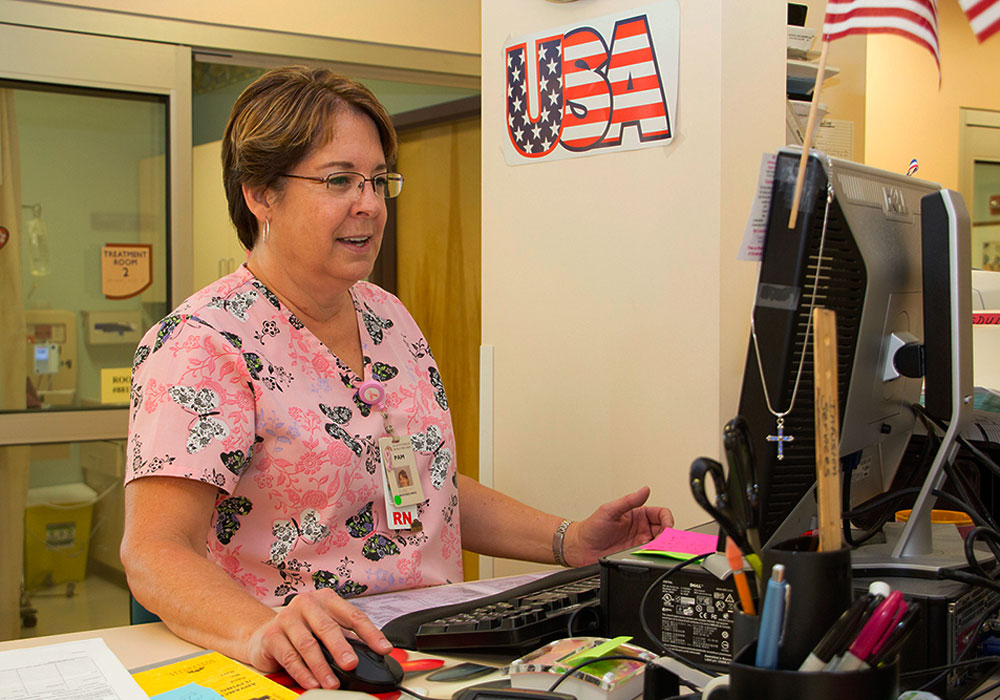Offering personalized treatment plans to patients with cancer is one of the biggest goals for any oncology institution—big or small. ONS leaders and members have united their personal and organizational efforts to move cancer care toward personalization while still aligning the needs of patients with nationally recognized clinical guidelines. Oncology nurses consistently strive to deliver quality cancer care to their patients.
Providing that quality care is a team effort, and it’s important to measure achievement and the effectiveness of the team’s ability to deliver on shared goals. Embracing data and quality metrics reporting is one way to evaluate whether your team’s oncology care is truly personalized to each patient’s needs and goals. Quality metrics analysis provides an objective review of care, identifying if it’s adhering to national clinical guidelines and is informed by evidence through recognized best practices.
On March 8, 2017, ONS and ASCO announced a new partnership to form the CancerLinQ Ambassadors Program. CancerLinQ is a tool that institutions throughout the United States can use to collect practice-based evidence and data to improve patient care.
A team’s practice data is vital to addressing patient needs and can lead to direct positive changes for care. An article published in HealthAffairs cautioned against ignoring data from daily practice. In many cases, “the data [knowledge] generated daily in practice is ignored and wasted—the questions patients and their caregivers are asking are lost.” Providers have an obligation to use that information to improve quality care.
Through the collection of vital practice information, healthcare professionals and their organizations are seeking to transform clinical practice by enhancing evidence-based practice with practice-based evidence. Delivering care with an added focus on practice-based evidence allows providers to make patient-centered care decisions informed by the real-world data of CancerLinQ.
What Is CancerLinQ?
CancerLinQ is a database that extracts patient data from electronic health records and houses that de-identified data for use in driving practice. The collected information in CancerLinQ is searchable, usable, real-world data about all aspects of patients undergoing cancer care. The possibilities for using the data are potentially endless.
Imagine monitoring trends in patient groups and identifying areas to be proactive, when to change supportive care, or when to consider a different testing approach. What would you do differently if given the ability to compare care for patients with the same diagnosis, or if you had the ability to compare demographic data and tumor-specific details to determine if the personalized approach is truly personalized to your patient?
What Is the CancerLinQ Ambassadors Program?
ONS and the CancerLinQ staff will collaborate to recruit ambassadors with experience in quality improvement, systems assessment, practice change, and an astute understanding of electronic health records to work with oncology practices. Ambassadors will foster improved, innovative workflow refinement to better utilize CancerLinQ tools for the purposes of improving patient care in practice.
CancerLinQ Ambassadors will begin their work this summer, and ONS will share updates on this exciting collaborative program to provide insight that may help you drive your own practice changes.






